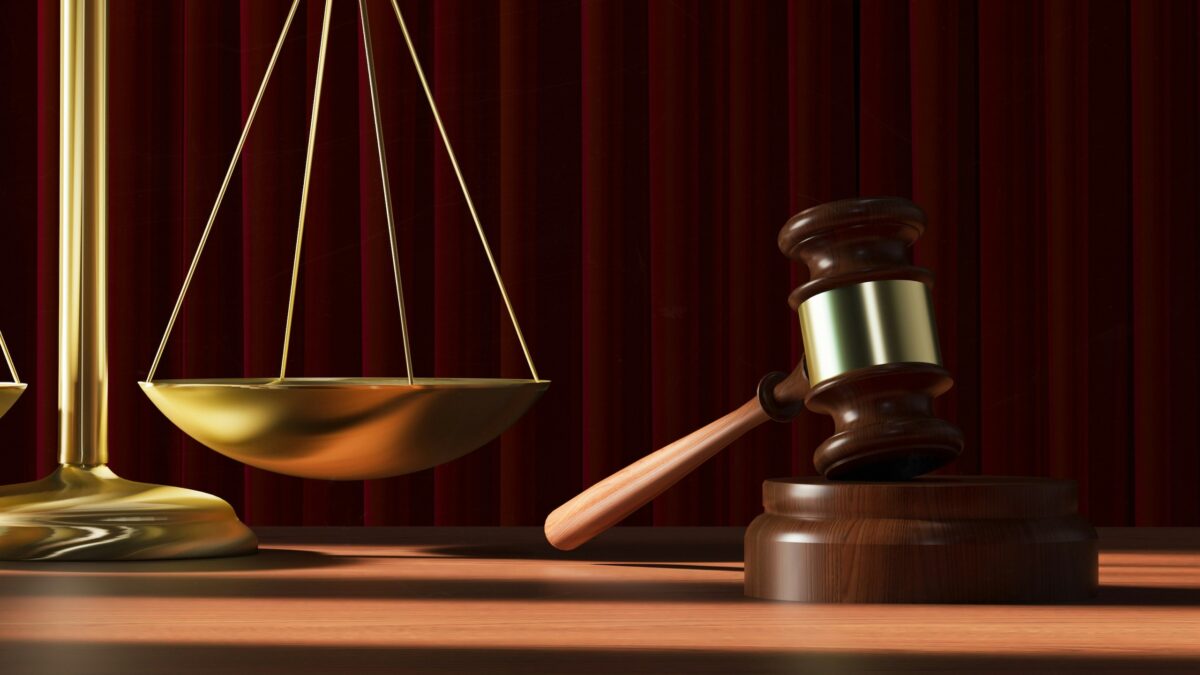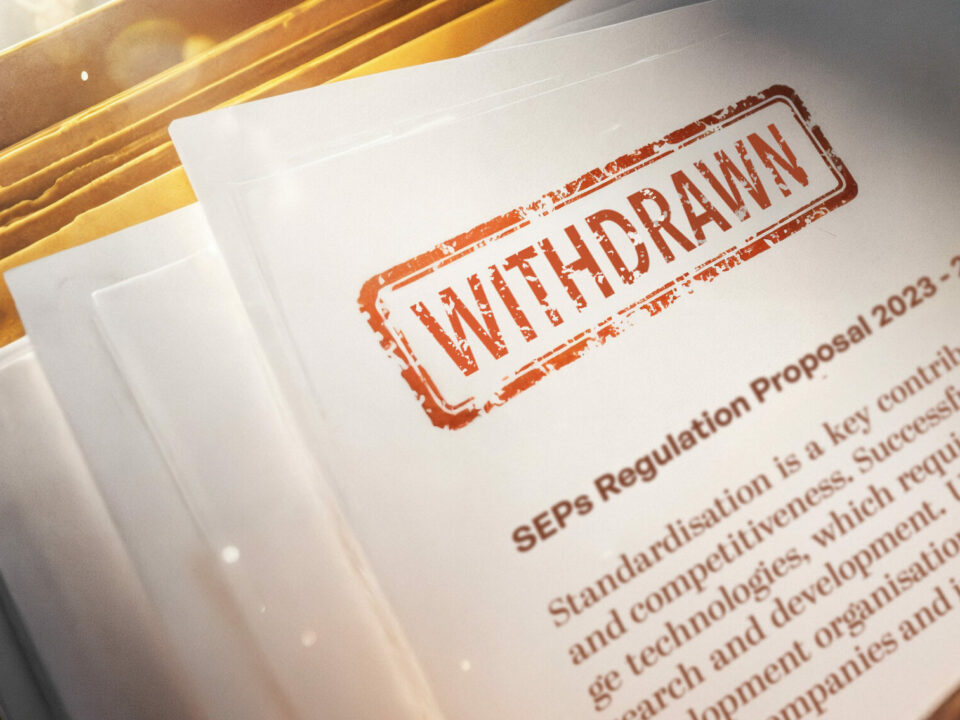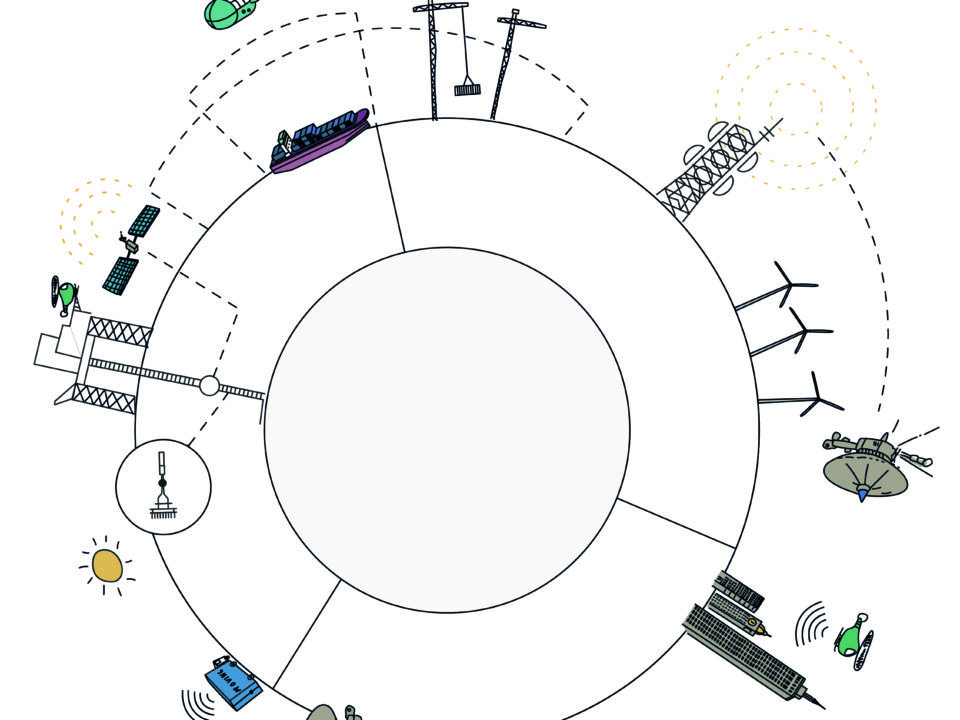New Delhi court smacks down Indian implementer’s “holdout” strategy
A recent $29 million decision by the Delhi High Court offers a timely reminder that holdout strategies are both real and very damaging to the companies which are unable to collect legitimate license fees for the use of their technology.
Holdout is what it’s called when a company that has been asked to pay a license fee for the use of a patented technology unreasonably stalls for time to delay making royalty payments, or to avoid paying royalties altogether. Sometimes they refuse to respond to the invitation to pay. Sometimes they take a case to court without having meaningfully engaged in negotiations. If a court orders them to pay, they sometimes appeal with a litany of arguments having dubious merit that only serve to extend the appeals process and further delay payment of royalties. All of that allows them to increase their sales while failing to pay a fair price for the technology that enables their product or service to work in the first place.
Those so-called “implementers” of a patented technology frequently argue that they question whether a patent in the patent portfolio for which a patent holder is seeking the license fee is truly essential. Sometimes they question the size of the license fee, despite the fact that patent holders agree to license them on the basis of “fair, reasonable and non-discriminatory”, or FRAND, terms and conditions when they offer the technology for inclusion in a new technical standard in the first place.
Stalling for time
Sometimes, though, it’s clear that they are really just stalling for time. Take the recent Indian court case of Lava International, which manufactures the Lava-branded smartphones, versus Ericsson. The summary below deliberately omits a few details in order to focus on the court’s views on Lava’s alleged hold-out tactics.
Ericsson, a founding member of IP Europe and well-known telecommunications technology innovator, asked Lava to pay a license for the use of its patents in Lava-branded smartphones. For five years, Lava rejected Ericsson’s offers and counter-offers—all the while depriving Ericsson of the revenues from the requested license fee. Three days prior to an in-person meeting between Lava and Ericsson, Lava informed Ericsson that it had filed suit in a Noida Court against Ericsson more than a week prior.
Ericsson subsequently sued Lava before the Delhi High Court, alleging that Lava infringed on eight of its essential patents related to 2G and 3G cellular communications, and successfully sought to transfer Lava’s suit before the Noida Court to Delhi High Court. The cases were handled together and were eventually heard at trial and final arguments.
Deliberate holdout strategy
On the 28th of March this year, the Delhi High Court sided with Ericsson. In addition to noting that Ericsson had already executed 100 other license agreements with other implementers for the same technology, it found that Lava had engaged in a deliberate strategy of “holdout”, or stalling, at Ericsson’s expense:
“Lava has been held to be an Unwilling Licensee due to its failure to negotiate with Ericsson in good faith, consistently delaying licensing negotiations, and failing to respond to offers or present any counteroffer. Additionally, Lava’s lack of response to the court’s specific query on willingness to accept the same royalty rates as Micromax further demonstrates its unwillingness to engage constructively in the licensing process,” the Indian High Court said.
The Court ordered Lava to pay Ericsson approximately $29 million, plus 5% interest from the time of the judgment until Lava complies with the judgment. Lava has said it may appeal the ruling.
EU institutions ignoring holdout
If there was one thing about standard-essential patents (SEPs) that concerned the European Commission and European Parliament over the past year, it certainly wasn’t “holdout.” The Commission and many MEPs seemed to question whether it was even real.
IP Europe has repeatedly implored the European institutions and individual decision-makers to recognise holdout as a very real and damaging phenomenon, and above all one which is completely ignored in the European Commission’s unbalanced proposal for a Regulation on Standard-Essential Patents.
We believe the Commission SEPs proposal is inherently unbalanced because it does nothing to prevent situations in which unwilling licensees “hold out” against paying license fees, often for many years, until a court orders them to pay. In fact, the proposal encourages delay tactics, even though courts, as shown above, have clearly recognised the existence of holdout behaviour.
We urge the EU Member States now looking at the Parliament-amended version of the proposed SEPs Regulation to rectify the complete absence of any remedy for holdout.




